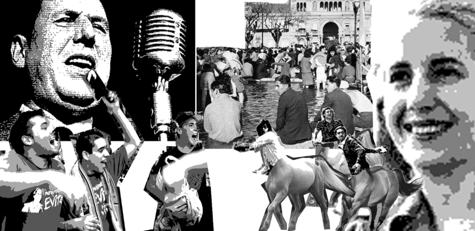
Unit Two: Representation, Difference, Narration and Power

Unit Two: Representation, Difference, Narration and Power
Questions to be explored:
What is the relationship between culture and language? How do words, expressions, and/or idioms, reveal attitudes, values or beliefs specific to a given culture? How is language used to measure cultural capital? How are cultural values and attitudes represented in narratives? How do language and representation generate, mediate, and challenge power?
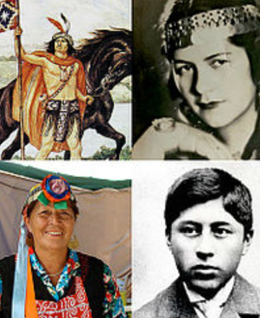
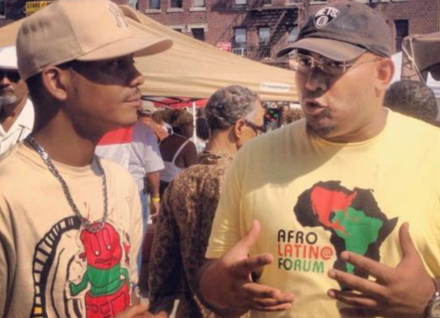
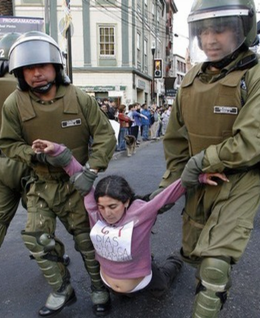
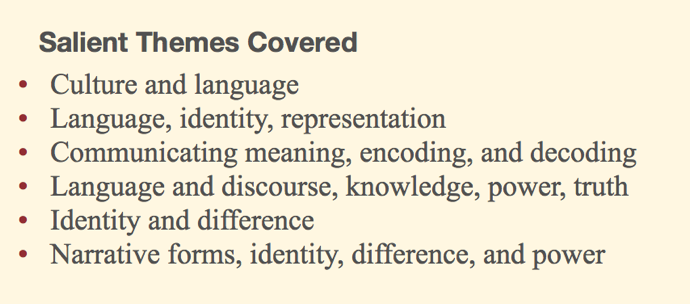
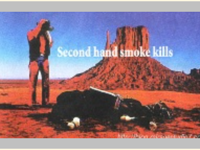
READINGS AND ASSIGNMENTS
16-feb Identidad y diferencia
Pollito Chicken
Studying Culture 3 Chapter 2 (pp. 31-40)
18-feb Representaciones y narraciones de la diferencia
Studying Culture 4 Chapter 2 (pp. 57-61)
Díaz, “How to Date a Brown Girl, Black Girl, White Girl, or Halfie”
23-feb Repaso de términos y conceptos
Taller: Primera Reacción Crítica
25-feb LECTURE (12-1:30)
“Manifold Destiny: Arabs at a South American Border”
101 International Studies Building, 910 S Fifth St.
1-mar Narrativas y diferencia
Studying Culture, Chapter 7 (pp.189-211)
3-mar Narrativas y diferencia
El lobo, el hombre, y el hombre nuevo
8-mar Ideología y hegemonía
Burke, “Antonio Gramsci: Schooling and Education”
10-mar Examen 1
15-mar Ideología y hegemonía
García Márquez, “Un día de éstos”
17-mar Hegemonía, representación, diferencia, y poder
Calle 13, “Pa’l Norte”
Due Dates
29-feb
Critical Reaction One due on Compass
10-mar
Exam 1, Part 1 (in class)
Part II distributed
14-mar
Exam I, Part II due on Compass
